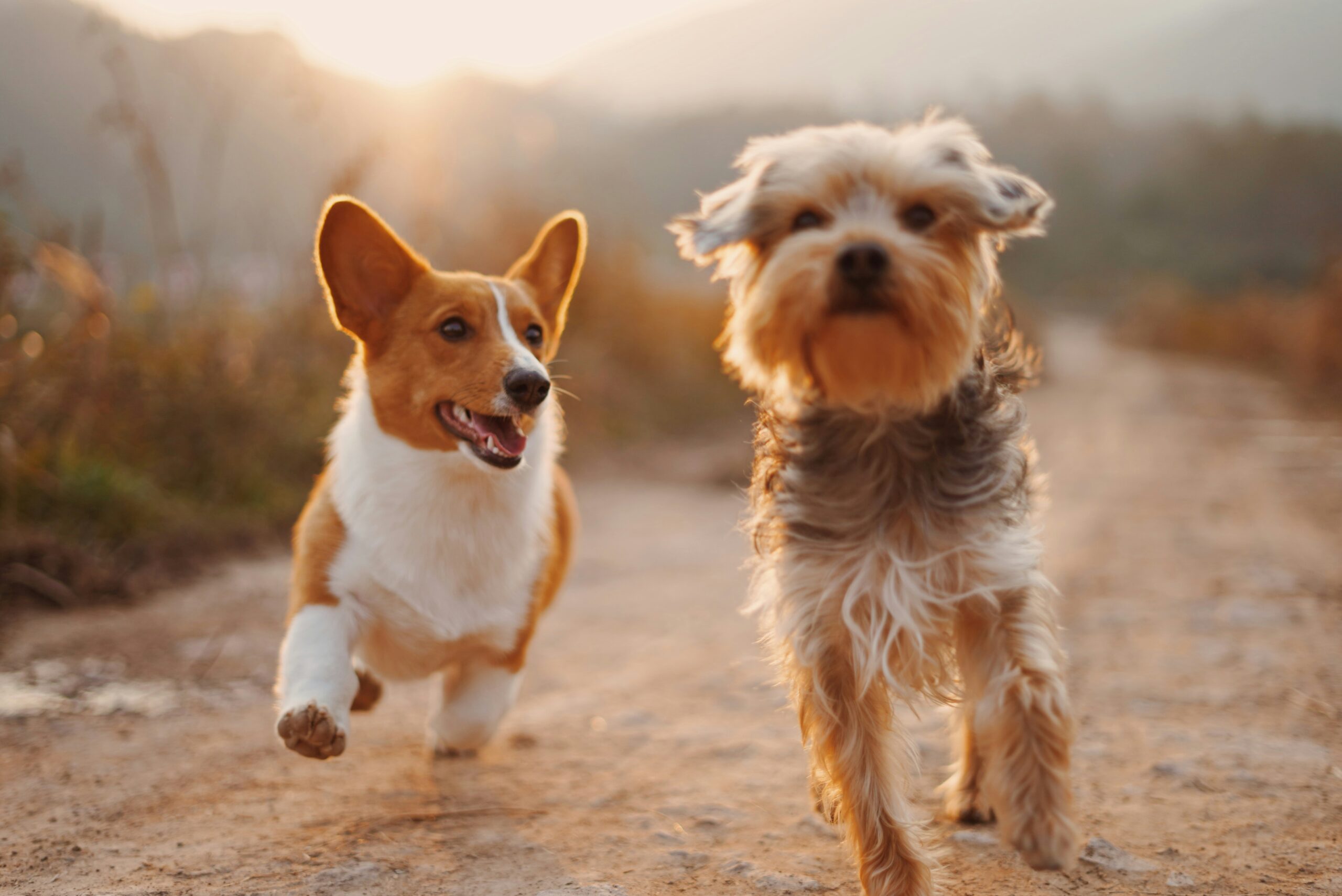Taking a puppy into your home is exciting, fun and… sometimes quite overwhelming. Because what about nutrition? Cleanliness? Socialization? And when should you actually go to the vet? In this blog, we answer the most frequently asked questions from (future) puppy owners, so that you are well prepared for this new adventure.
1. From what age can a puppy go home?
A puppy is not legally allowed to leave the litter until it is at least 7 weeks old . Most breeders use an age of 8 to 9 weeks, and that is also the best. Until then, the puppy learns important social skills from its mother and littermates.
2. How do I potty train my puppy?
Potty training starts with a lot of patience and regularity . Take your puppy outside regularly:
After sleeping
After eating or drinking
After playing
Every 1 to 2 hours
Reward your puppy immediately after peeing or pooping outside with an enthusiastic voice or a treat. Never punish accidents in the house – that will only scare the puppy.
3. How often should a puppy eat?
Puppies need a smaller stomach and a lot of energy. The Directive:
8-12 weeks: 4 times a day
3-6 months: 3 times a day
From 6 months: 2 times a day
Choose a high-quality puppy food and consult the vet if in doubt.
4. When should I go to the vet?
A puppy often receives its first vaccinations in the litter. This is followed by these injections:
Your puppy should also be dewormed (usually every month up to 6 months old) and microchipped. The vet often immediately makes a vaccination and deworming schedule . This is what you can expect from a puppy check at the vet.
5. How much exercise does a puppy need?
Rest is just as important as exercise. A rule of thumb:5 minutes per month age per walk.
6. When should I start training?
As soon as possible! Puppies learn the fastest between 8 and 16 weeks. Start with simple commands like:
Always use positive rewards (treats, voice, play). Consider puppy training – good for education and socialization.
7. How do I prevent biting behaviour?
Biting is normal puppy behavior. They discover the world with their mouths and change their teeth. This is how you teach your puppy to bite off:
Biting behavior that seems aggressive or persists deserves extra attention from a trainer or behaviorist.
8. Do I need to insure my puppy?
A puppy is curious and sometimes reckless. A good pet insurance policy will cover unexpected costs in the event of illness, accidents, or surgery. There are also additional insurances, such as liability if your puppy causes damage to others.
9. When should a puppy be able to be alone?
Start immediately with short solitude, a few minutes at a time. Build this up slowly and provide a safe place, such as a crate or rug. Show that leaving and coming back is normal. This way you prevent separation anxiety later on.
10. What items do I need for a puppy?
A good trousseau consists of:
Raising a puppy is intensive, but also very rewarding. With the right preparation, love and guidance, your puppy will grow into a happy, stable dog. And remember: no question is crazy, keep learning, asking and enjoying this beautiful adventure! Do you already have a puppy at home or are you preparing? Then also take a look at our puppy insurances, so you are always well prepared for unexpected costs
